Three Weeks in Budapest
Welcome to the 82nd edition of this newsletter!
With each email I'm sharing material that has inspired me recently. I'm hoping it will inspire you, too. If you want to support my work, you can sign up for my Patreon. This will get you access to exclusive material every week.
If Patreon is not your thing but you enjoy what I'm doing, feel free to send me a little something via Paypal. I'll use the funds to pay for the fee the service provider of this Mailing List charges me every month. If there's money left, I'll invest it into the Japanese green tea that fuels much of my creative work.
I was going to send out an email earlier. But for reasons outlined below that didn't happen. The following is going to be largely an update about what I have been up to recently. If instead you prefer to read about art and find links to interesting articles simply skip this email and wait for the next one.
Long story short, I spent the last three weeks in Budapest (Hungary). I had been invited to teach an intensive two-week workshop at the Moholy-Nagy University of Art and Design (Moholy-Nagy Művészeti Egyetem, short MOME). In addition, there were a few other engagements.
I had not been in a classroom since the beginning of the pandemic, which had coincided with the loss of my teaching job. Given that I have since been unable to find a new one, I hadn't had any opportunities to work with groups of photographers.
I didn't realize how much I had missed in-person teaching until Budapest. There was something truly exhilaration about working with students on their projects -- shuffling prints around on tables -- and about going through photobooks one page at a time, decoding what was being transmitted.
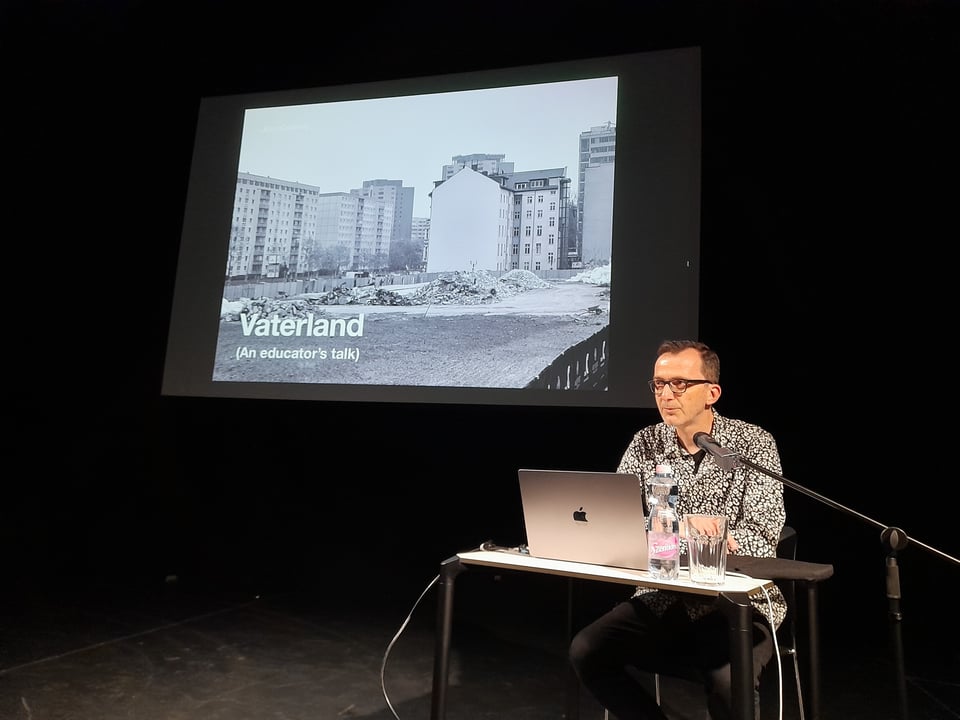 (photograph taken and kindly provided by Arion Kudász)
(photograph taken and kindly provided by Arion Kudász)
Giving a talk about my work also had been a part of the schedule (a double bill with Joan Fontcuberta). I decided to speak about Vaterland even though there had been some interest in Photography's Neoliberal Realism. There were some reasons why I decided against the latter. To begin with, I'm a little bit tired of always talking about other people's work. Furthermore, there isn't really much to be said about Photography's Neoliberal Realism that's not already included in the book (just read the book!).
But in the context of Hungary, a Central European country, it simply seemed more pressing for me to talk about Vaterland. In mid-1944, over 400,000 Jewish people were expelled from Hungary and consequently murdered in Auschwitz. As far as I know, this was the last big push of the Holocaust at a time when the war was already completely lost for Nazi Germany.
Meanwhile, recently support for the neofascist AfD party has been rapidly rising in Germany as conservative parties decided to embrace far-right talking points -- all the more reason for me to speak about my project.
I didn't quite anticipate how much harder it would hit to talk about the project in a Central European nation, compared with a classroom in New Haven (which until then had been my sole experience). But that's good. Almost two weeks after my talk, I told a student in the finals that they needed to work on something where their fire was -- I'm happy to report that I'm following my own advice.
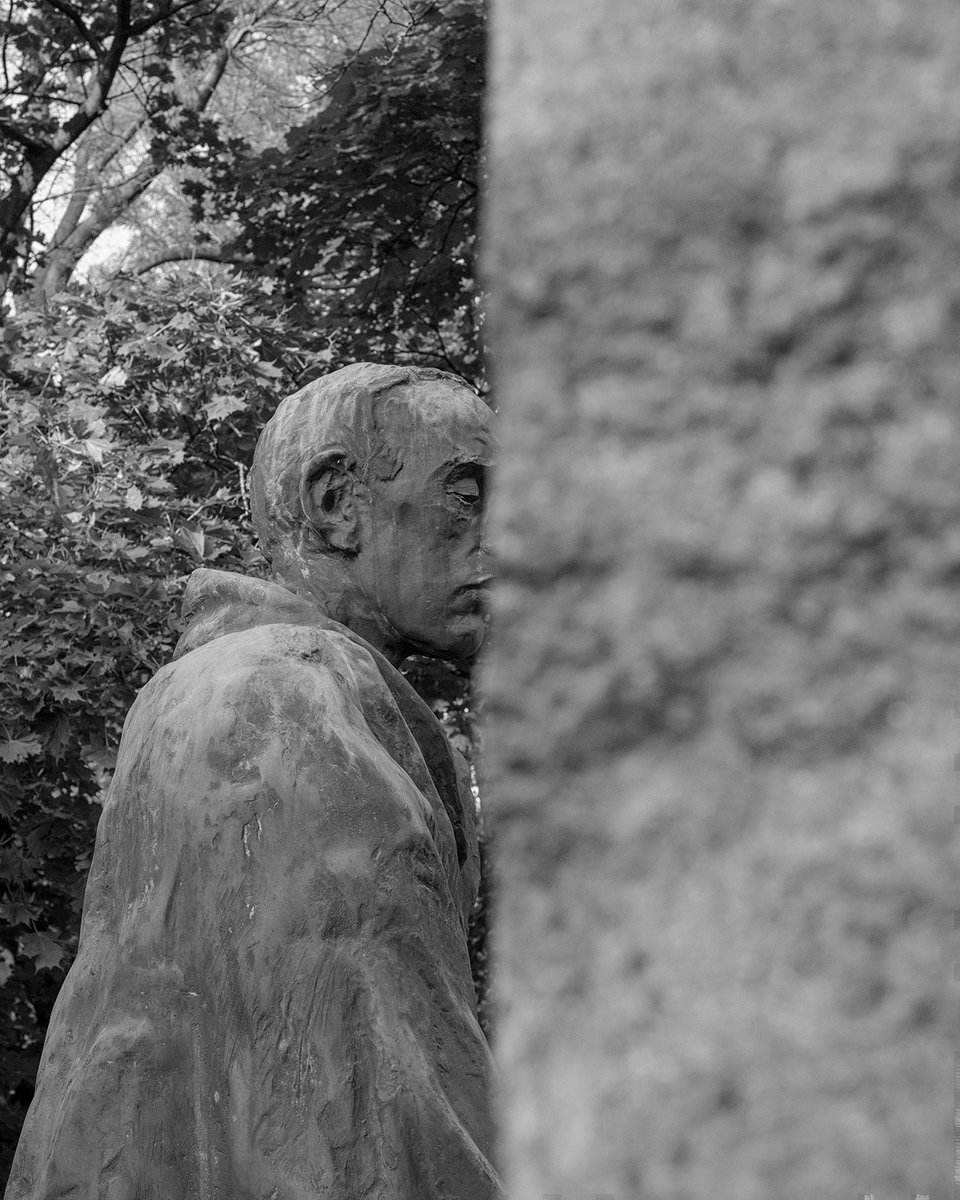 Before I had left for Budapest, I had decided that I would produce a short project there. Even as I usually don't work on short-term projects, I figured that I would have something to gain from the experiment.
Before I had left for Budapest, I had decided that I would produce a short project there. Even as I usually don't work on short-term projects, I figured that I would have something to gain from the experiment.
Obviously, with Hungary being ruled by a neofascist party (under a man who might or might not look a little like Jabba the Hut), there was no way that I would not take pictures.
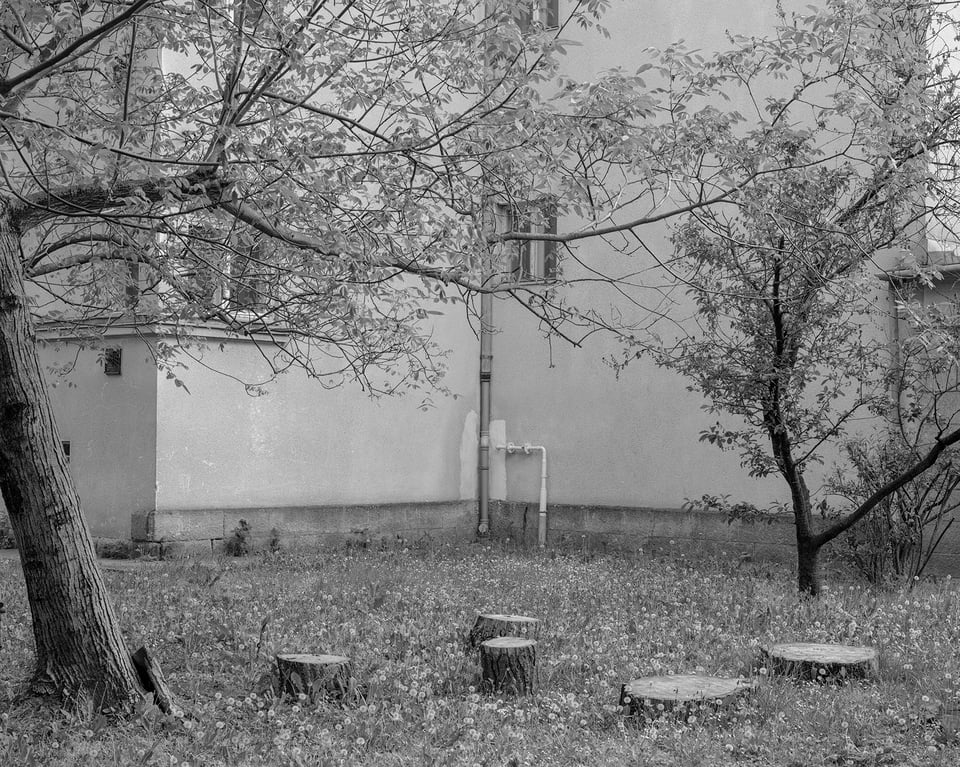 On the other hand, three weeks isn't a whole lot of time. Furthermore, unlike in Germany (or the US, for that matter) in Hungary I am an outsider. And not even just any outsider, I'm German. I spent quite a bit of time thinking about how to approach what I might be doing and settled on something that I felt comfortable working on, without possibly projecting too many of my own ideas onto the location.
On the other hand, three weeks isn't a whole lot of time. Furthermore, unlike in Germany (or the US, for that matter) in Hungary I am an outsider. And not even just any outsider, I'm German. I spent quite a bit of time thinking about how to approach what I might be doing and settled on something that I felt comfortable working on, without possibly projecting too many of my own ideas onto the location.
Before leaving, I decided to try to focus on how history was being remembered in Budapest. At the time, I had no idea what I might find, thinking that I would have to do a lot more work to find things than actually was the case.
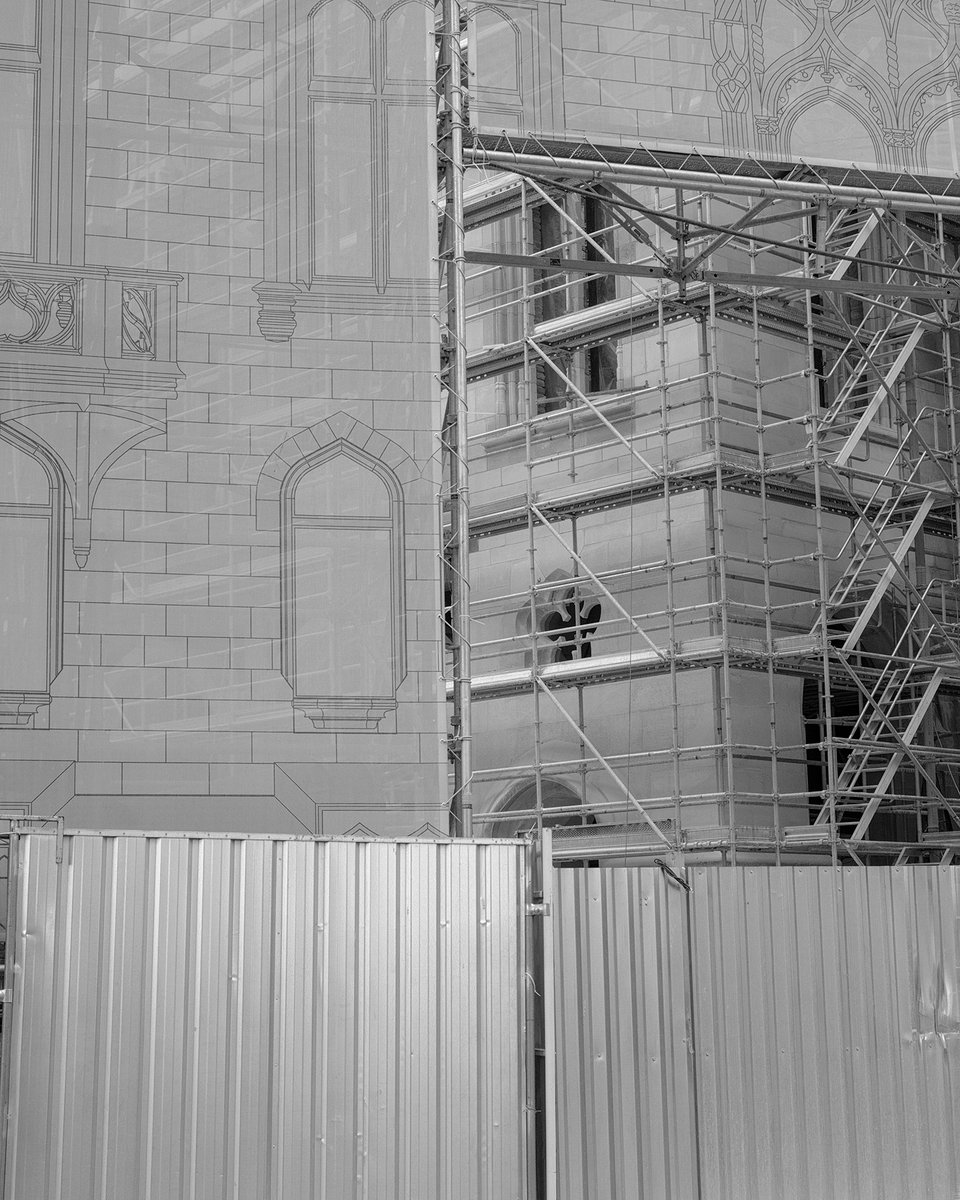 The writing and commemorating of history is always contested. It becomes especially contested in countries such as Hungary (or Poland), where a neofascist ruling party has to re-write/re-decree what people remember. This is because to a large degree, neofascism relies on both extreme nationalism and an often completely artificial sense of victimhood.
The writing and commemorating of history is always contested. It becomes especially contested in countries such as Hungary (or Poland), where a neofascist ruling party has to re-write/re-decree what people remember. This is because to a large degree, neofascism relies on both extreme nationalism and an often completely artificial sense of victimhood.
In the US, these two aspects come together in the infamous "Make American Great Again" slogan, which implies that somehow, the country isn't great any longer (let's ignore the complete inanity of that idea) and obviously that there's someone responsible for that.
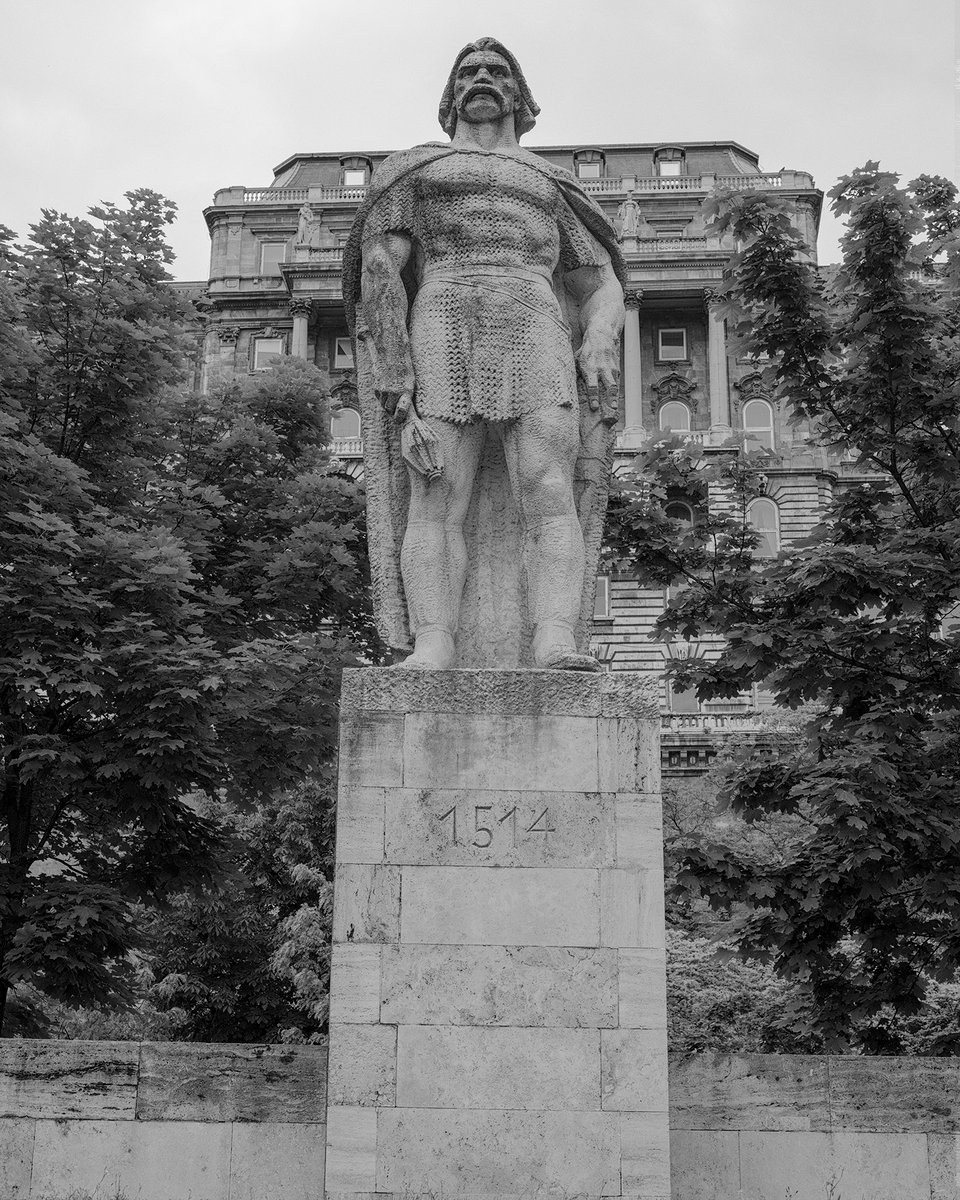 Anyway, I spent a little over two thirds of my time in Budapest taking pictures when possible. Unfortunately, the last week, I got really sick and was largely confined to bed (I can't recommend getting a stomach flu, especially when being out of town).
Anyway, I spent a little over two thirds of my time in Budapest taking pictures when possible. Unfortunately, the last week, I got really sick and was largely confined to bed (I can't recommend getting a stomach flu, especially when being out of town).
I'm still in the very early editing stage of the work; the smattering of photographs might give you an idea of what I was working on. There also is going to be a text component for the project that, alas, at this stage simply is too unformed to discuss it here.
I'm probably going to be spending the remainder of the week on getting back into my regular groove and on getting over the lingering residuals of the stomach flu. You can expect a more regular update -- with links and ideas and all that stuff -- some time soon.
In the meantime, thank you for reading!
-- Jörg